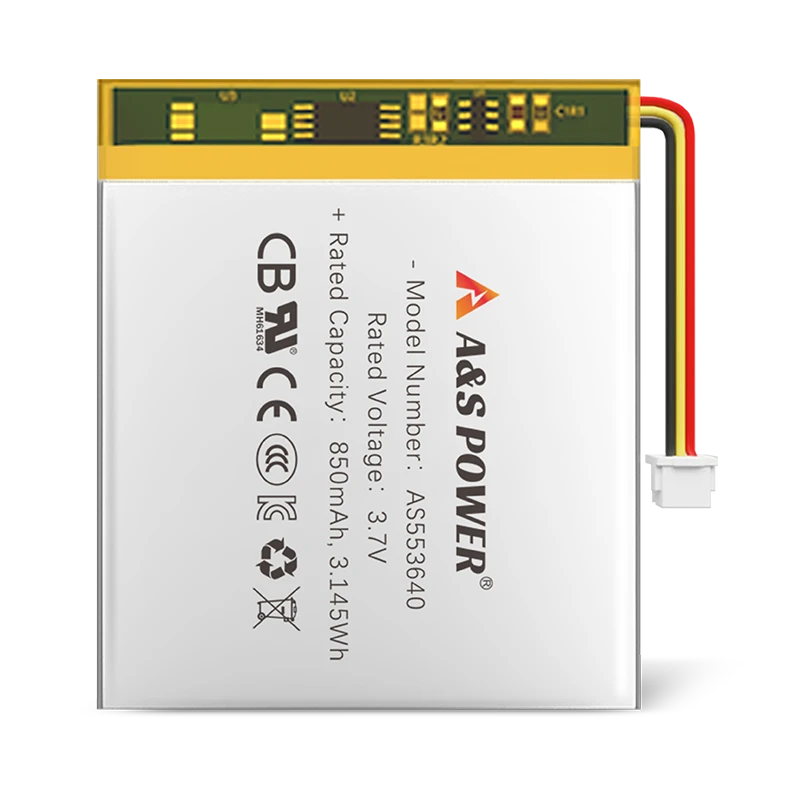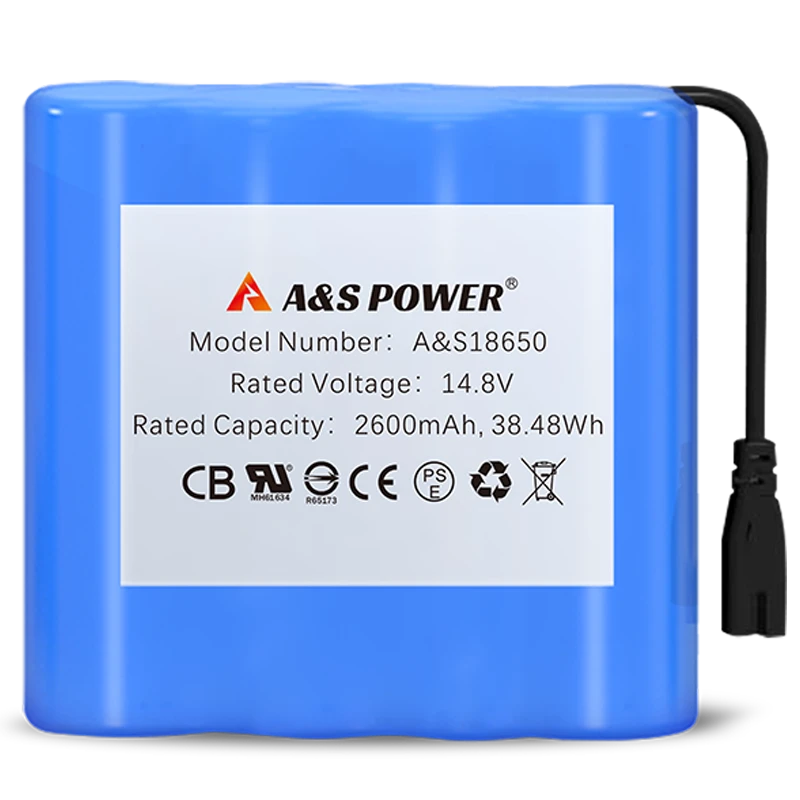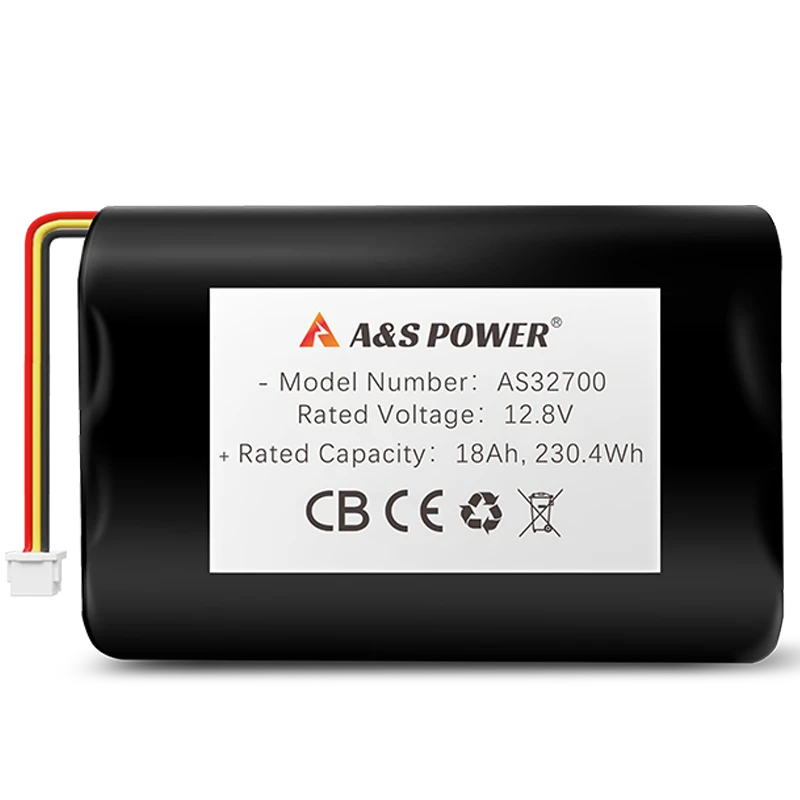Specific Applications of Lithium-Ion Batteries in the Industrial Field
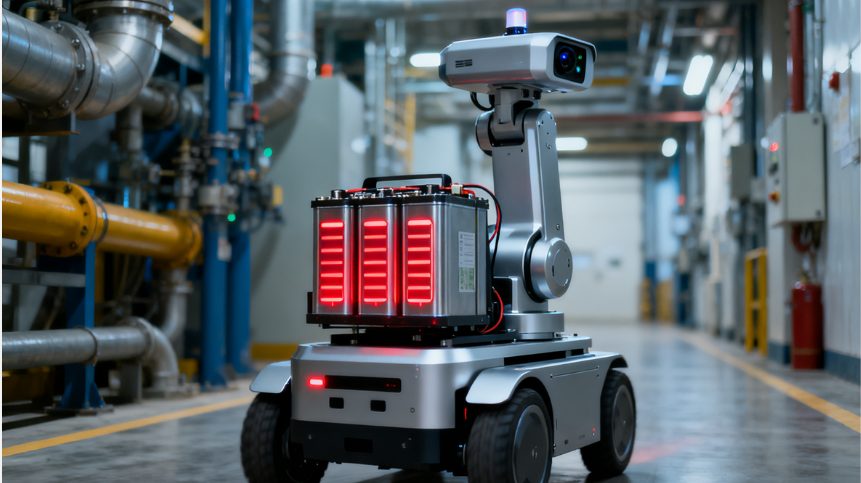
Lithium-ion (Li-ion) batteries have evolved far beyond consumer electronics. With their high energy density, long cycle life, and fast-charging capabilities, they are now at the heart of industrial transformation. From logistics to renewable integration, they are enabling automation, efficiency, and sustainability across diverse sectors.
1. Material Handling and Logistics
One of the most mature industrial uses of Li-ion technology is in material handling equipment.
-
Electric Forklifts & Pallet Jacks
-
Li-ion batteries are replacing lead-acid systems.
-
Benefits: opportunity charging during breaks, no maintenance, 2–3x lifespan, and consistent power until full discharge—no performance drop at the end of a shift.
-
-
Automated Guided Vehicles (AGVs) & Autonomous Mobile Robots (AMRs)
-
The backbone of smart warehouses.
-
Benefits: lightweight, compact packs that enable efficient robot design, plus rapid charging for 24/7 operation with minimal downtime.
-
2. Backup Power and Uninterruptible Power Supply (UPS)
Industrial infrastructure depends on reliable backup energy. Li-ion is rapidly becoming the standard.
-
Data Centers & Server Rooms
-
Li-ion UPS saves floor space with smaller footprints and supports a 10+ year service life, reducing cost of ownership.
-
-
Process Control Systems (PLCs, DCS, sensors)
-
Provides ride-through power for controlled shutdowns, preventing production losses and equipment damage.
-
-
Telecom Base Stations
-
Ensure network continuity during outages with long-lasting, high-performance Li-ion backup solutions.
-
3. Stationary Energy Storage Systems (ESS)
Li-ion batteries are key enablers of industrial energy management.
-
Peak Shaving & Demand Charge Management
-
Stores power during off-peak hours, discharges during peak demand, reducing utility bills.
-
-
Integration with Renewable Energy
-
Smooths intermittent solar/wind power. Factories can store surplus daytime solar energy for evening use, maximizing green self-consumption.
-
-
Microgrids & Frequency Regulation
-
Provide millisecond-level response to grid fluctuations, stabilizing operations and earning utility compensation.
-
4. Professional and Heavy-Duty Equipment
Li-ion batteries are also powering heavy industrial machinery, creating clean, quiet, and efficient alternatives to diesel.
-
Construction Equipment
-
Electric excavators, loaders, and compactors provide zero emissions, low noise, and reduced operating costs—ideal for indoor or urban projects.
-
-
Mining Equipment
-
Underground Battery Electric Vehicles (BEVs) replace diesel trucks and loaders.
-
Benefits: eliminate toxic diesel particulate matter (DPM), reduce ventilation costs, and improve miner safety.
-
-
Port & Rail Equipment
-
Cranes (ASCs, RTGs) use large Li-ion packs with regenerative braking.
-
Rail switching locomotives are increasingly battery-powered, reducing emissions in rail yards.
-
Conclusion
Lithium-ion batteries are no longer just energy storage devices. They are critical enablers of industrial automation, sustainability, and operational efficiency.
From logistics and robotics to renewable integration and heavy machinery, Li-ion technology is transforming the industrial landscape, offering cleaner, safer, and smarter energy solutions.
References
-

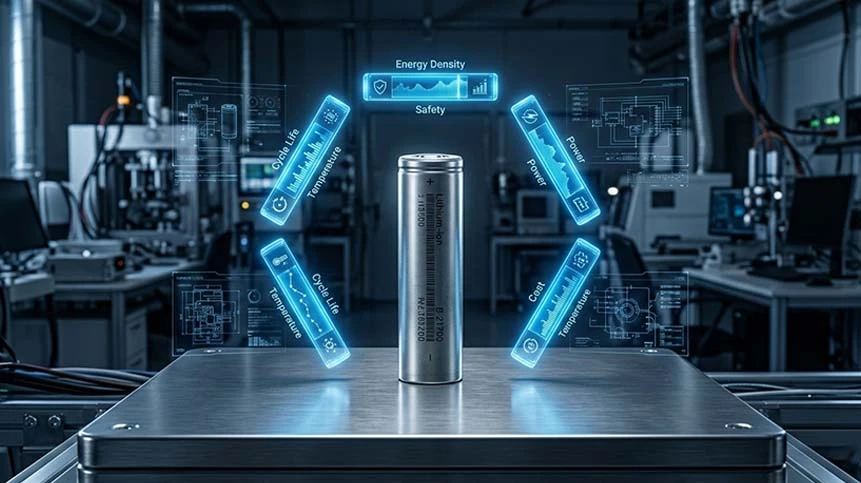 May.2026.02.27Lithium-Ion Batteries: The Six Constraints Blocking the Path to PerfectionLearn More
May.2026.02.27Lithium-Ion Batteries: The Six Constraints Blocking the Path to PerfectionLearn More -

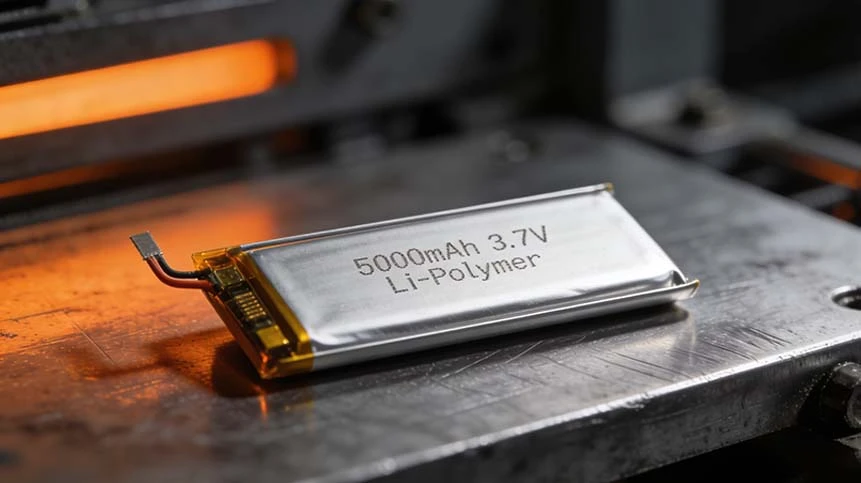 May.2026.02.25Li-Polymer Battery 5000mAh: Complete Technical & OEM GuideLearn More
May.2026.02.25Li-Polymer Battery 5000mAh: Complete Technical & OEM GuideLearn More -

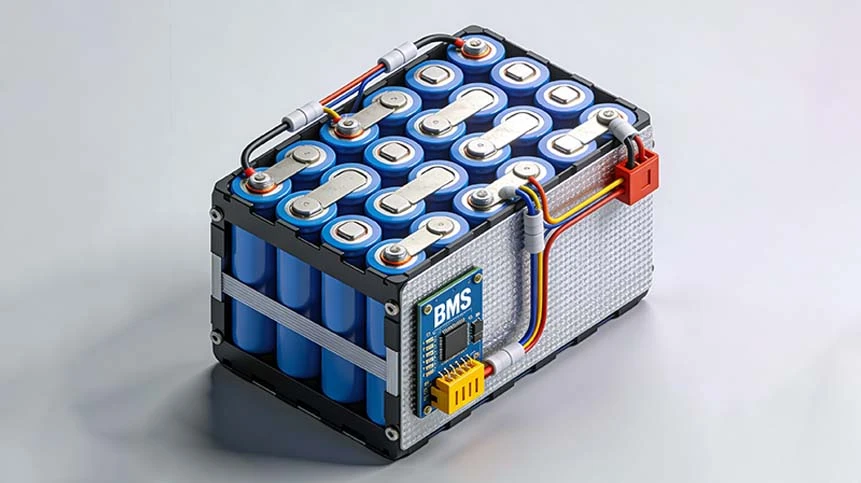 May.2026.02.24The Unparalleled Advantages of Lithium-Ion Batteries Over Traditional BatteriesLearn More
May.2026.02.24The Unparalleled Advantages of Lithium-Ion Batteries Over Traditional BatteriesLearn More -

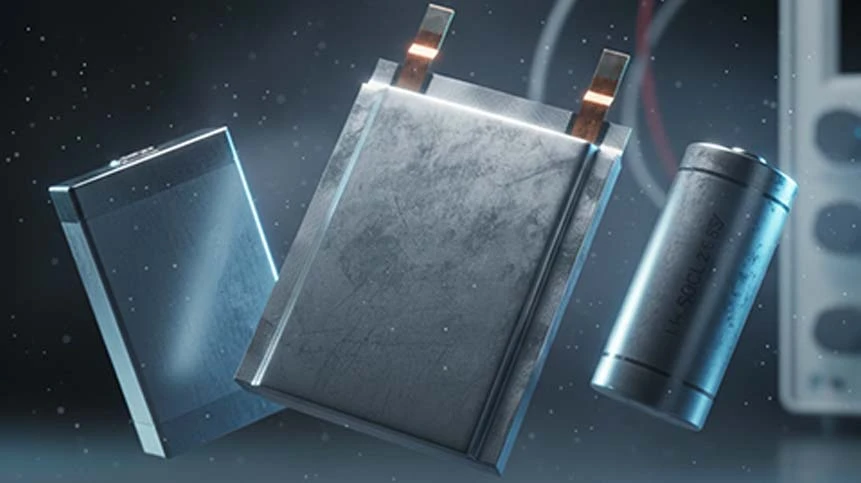 May.2026.02.243.6 Volt Battery: Complete Technical Guide for Engineers & BuyersLearn More
May.2026.02.243.6 Volt Battery: Complete Technical Guide for Engineers & BuyersLearn More -

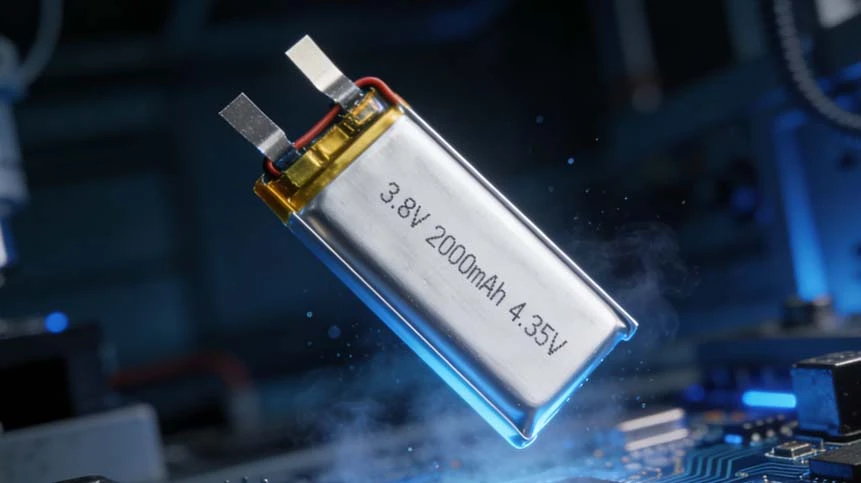 May.2026.02.24What Is a 3.8V LiPo Battery? A Complete Engineering & OEM GuideLearn More
May.2026.02.24What Is a 3.8V LiPo Battery? A Complete Engineering & OEM GuideLearn More




